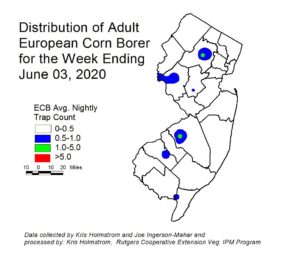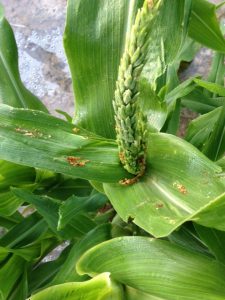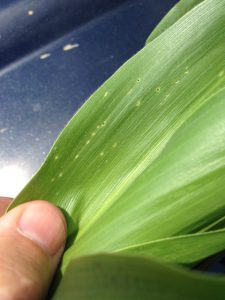USDA is providing critical support to our nation’s farmers and ranchers through the Coronavirus Food Assistance Program (CFAP). CFAP provides vital financial assistance to producers of agricultural commodities with financial assistance that gives them the ability to absorb sales declines and increased marketing costs associated with the COVID-19 pandemic.
The attached fact sheet provides an overview of the program.
For more information about the CFAP program, visit farmers.gov/cfap or contact your local FSA office. To find your local FSA office, visit offices.usda.gov.
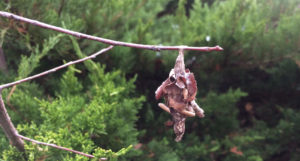
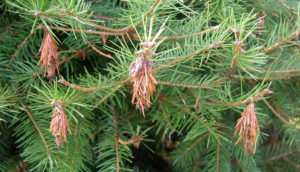
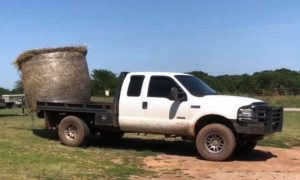 following closures due to the COVID-19 pandemic. The reopening will proceed in a way that safeguards public health and safety, bringing many changes and improved efficiencies to Commission operations.
following closures due to the COVID-19 pandemic. The reopening will proceed in a way that safeguards public health and safety, bringing many changes and improved efficiencies to Commission operations.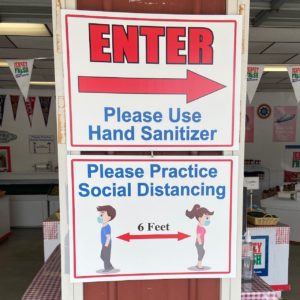 Agents Michelle Infante-Casella, Meredith Melendez, William Bamka, Stephen Komar and Wesley Kline to educate famers selling directly to the public about changes occurring to the industry as a result of the COVID-19 pandemic. Four sessions in May were presented with the last session being a farmer panel discussion about changes on farms forced due to the pandemic. Farmers included Tracy Duffield – Duffield’s Farm Market, Dave Specca – Specca You-Pick Farm, and Jess Niederer – Chickadee Creek Organic Farm. In May, 145 participants attended this online series, offered on Tuesday Evenings from 7:00-8:00 PM. All sessions were recorded and are available to view online. The topics included the following:
Agents Michelle Infante-Casella, Meredith Melendez, William Bamka, Stephen Komar and Wesley Kline to educate famers selling directly to the public about changes occurring to the industry as a result of the COVID-19 pandemic. Four sessions in May were presented with the last session being a farmer panel discussion about changes on farms forced due to the pandemic. Farmers included Tracy Duffield – Duffield’s Farm Market, Dave Specca – Specca You-Pick Farm, and Jess Niederer – Chickadee Creek Organic Farm. In May, 145 participants attended this online series, offered on Tuesday Evenings from 7:00-8:00 PM. All sessions were recorded and are available to view online. The topics included the following: